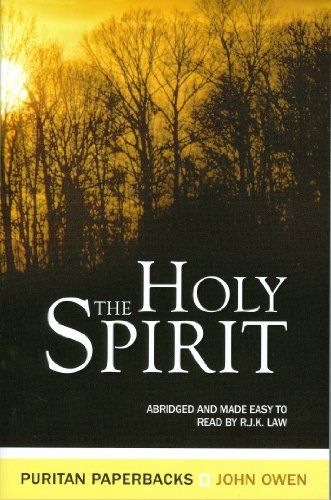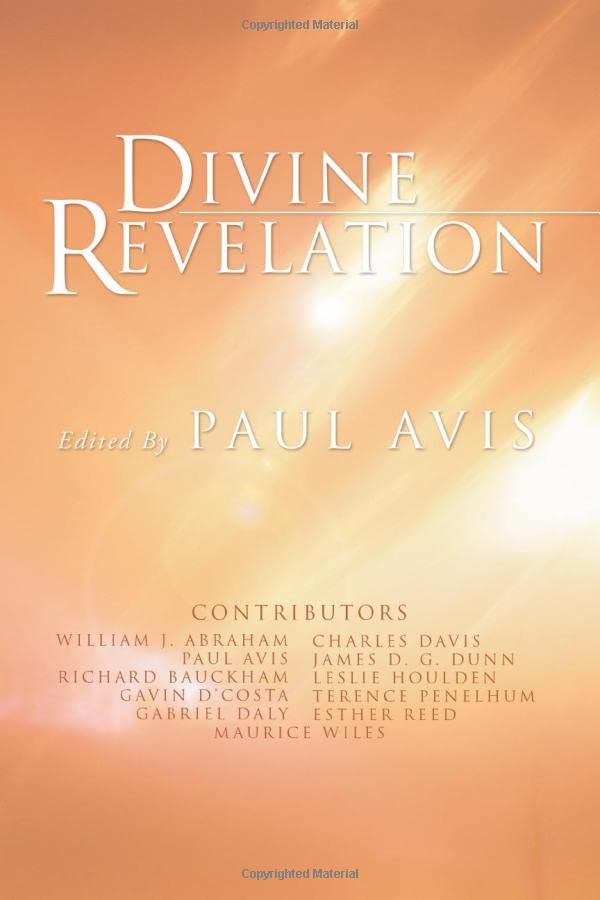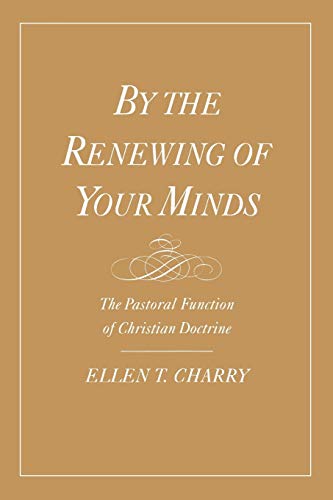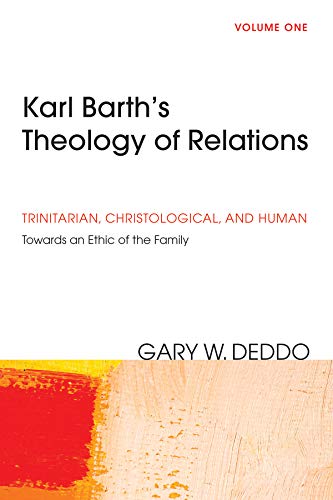A Time to Tell: Narrative Strategies in Ecclesiastes
Written by Eric S. Christianson Reviewed By Craig BartholomewMichael Fox’s work on Ecclesiastes (most recently A Time to Tear Down and A Time to Build Up, Eerdmans, 1999) has been very important in getting literary and narrative readings of Ecclesiastes onto the agenda of Old Testament studies. Such approaches offer all sorts of fruitful ways forward. In this very useful book Eric Christianson plunders the resources of narrative theory to probe the meaning of Ecclesiastes, and thereby moves forward the whole discussion of Ecclesiastes as narrative.
The introduction makes the case for applying narrative strategy to Ecclesiastes, and then Part 1 deals in five chapters with the frame narrator’s strategy. Like Fox and Tremper Longman (The Book of Ecclesiastes,Eerdmans, 1998), Christianson sees the frame narrator as presenting Qoheleth and his teaching, but also as distancing himself from Qoheleth’s views and in particular from his epistemology. There is also an excursus on hebel which Christianson translates (with Fox) as ‘absurd’.
Part 2 deals in three chapters with the narrative strategy of Qoheleth. Christianson sees the ‘Solomonic guise’ as more deeply embedded in Ecclesiastes than is usual, and he rightly pursues the literary implications of this. There follows a detailed discussion of Qoheleth and the self and of Qoheleth’s quest. A postscript on Qoheleth and the existential legacy of the Holocaust concludes the volume.
Christianson argues that for Qoheleth life is absurd, but that the redemptive moment in Qoheleth is his helping readers to live with joy in this context. Christianson is more sympathetic to Qoheleth than to the frame-narrator, but an exploration of the implied author in Ecclesiastes reminds us that the text invites us to explore the relationship between the frame narrator and Qoheleth.
Personally, I am not sure that ‘the absurd’ is Qoheleth’s conclusion, or that this is the right way to translate hebel—cf. Ogden, Qoheleth (Sheffield, 1987) for an alternative view. However, this is a very useful book and gives a good idea of just how fruitful in-depth application of literary (narrative) theory to a book like Ecclesiastes can be. It brims with ideas and insights, and one hopes that this direction in studies of Ecclesiastes will be taken further.
Craig Bartholomew
University of Gloucestershire







